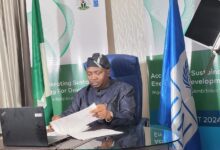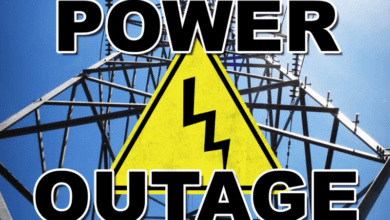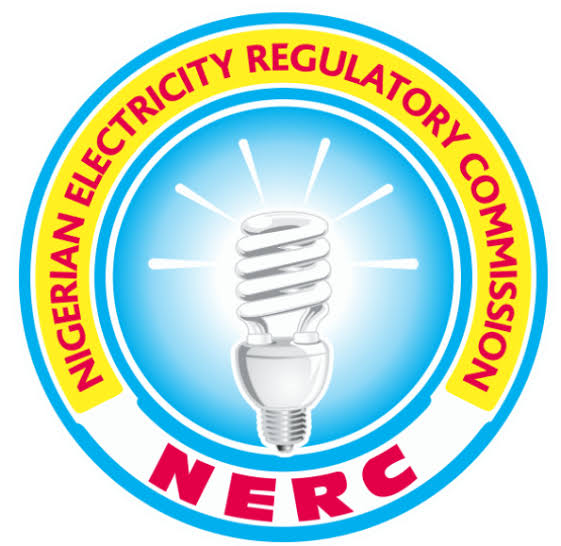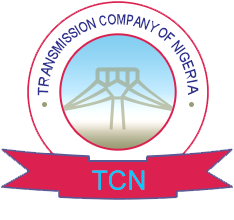Fraud Allegations: Why We Kept Mute -REA

The Rural Electrification Agency (REA) has advanced reasons why it kept mute in the face of eye-boggling fraud allegations against its officials.
REA’s Director of Promotion, Information, and Outreach, Malam Mutari Ibrahim, who disclosed this in a statement on Friday, said, the silence was not due to a lack of information but rather a deliberate effort to focus on the right processes, personnel, and a culture that prioritises doing what is right.
Recall, an online media recently reported a N1.2 billion fraud allegation against the agency’s senior officials.
The report also quoted insider sources to have alleged that the “Cabal” “always tries to control the agency’s finances and frustrate any efforts at reform by any chief executive of the agency”.
Reacting to the report, Malam Ibrahim said, over the past few months, the agency had collaborated closely with the Ministry, National Assembly, anti-corruption agencies, and process organizations to initiate further reforms within REA.
He noted that “the recent publications accurately reflect that some members of staff have been redeployed, suspended, or are under investigation due to process deficiencies and a prevalent lack of accountability.
“To keep it concise, the most significant change is the redeployment of the Director of the Funds and Accounts Department – a seconded officer from the Office of the Accountant General.
“The allegation leveled against the then Director is undergoing investigation by the anti-graft authorities including the core REA staff alleged to be involved.
“This marks a significant step forward, as it demonstrates the Agency’s commitment to accountability”, he said.
Malam Ibrahim said, for context, since its establishment in 2006, REA faced numerous challenges, including a lack of strategic direction during its initial ten years.
He said, “in 2017, a new Board and Management were appointed, initiating a cultural shift within the Agency. Despite these efforts, rural electrification goals remained unmet due to institutional and sectoral challenges.
“Since 2020, the Executive Management and Board have been dedicated to aligning electrification projects to improve the lives of rural communities in a sustainable manner.
“These efforts have resulted in various electrification programs, such as the Nigeria Electrification Project (NEP), Energizing Education Programme (EEP), Rural Electrification Fund (REF), Energizing Economies Initiative (EEI), a programmatic budgeting program for capital projects and others, with a particular focus on supporting the energy transition policy.
“In addition to electrification, the Executive Management has worked to reform the Agency and improve the delivery of public goods and services, addressing issues like underinvestment, outdated processes, and limited technology adoption, which have hindered the Agency’s functions.
“Upon assuming the role of MD/CEO at REA, Engineer Ahmad Salihijo Ahmad encountered a myriad of unresolved staff issues within the Agency.
“Recognising the immense challenge of repositioning the Agency for effective project delivery, human resources became a pivotal consideration.
“In response, Engineer Ahmad wasted no time in addressing concerns related to the organization’s processes, structure, and staff welfare, with the aim of fostering a conducive work environment for optimal performance.
His first step was to initiate a comprehensive institutional assessment and appraisal of the Agency, carried out by a globally renowned organizational re-engineering firm.
“This assessment rigorously evaluated the Agency’s project delivery, institutional structure, and processes to determine its capacity to meet its mandate.
“The recommendations from the assessment were meticulously reviewed and approved by the Agency’s Board and the Minister before being put into action, resulting in significant accomplishments”, he said.
Meanwhile, he said, its strategic reform efforts have resulted in the provision of power to over 7.5 million people from 2020 to date.
Ibrahim said, the achievement was inclusive of 1.5 million households,130 Mini-Grid Projects, and 1.3 million standalone home systems.
He said, “the Agency has equally deployed over 1,650km of solar streetlights, improving power, security, and economic growth in rural areas.
“REA completed 1,403 projects under the capital budget, delivering solar streetlights, mini-grid projects, standalone home systems, and grid extension works.
“REA has delivered over 500MW of power, electrified numerous communities, created 500,000 new jobs, and attracted over $2 billion in investments in the renewable energy sector over the past decade”, he added.
He further said, in 2022, as part of the National Poverty Reduction and Growth Strategy (NPRGS) Program, REA secured an additional 4 billion in capital injection grants to provide clean power standalone home systems to over 50,000 locations, including rural homes, micro-businesses, schools, and faith-based institutions.
He said, most recently, on the back of the success of the Nigeria Electrification Project (NEP), REA negotiated and secured the advance approval of a $750 million facility with the World Bank to expand renewable and rural electrification initiatives, providing additional resources to Nigeria during a challenging period.
According to him, in response to subsidy removal, REA is implementing interventions to develop electric mobility, mini-grids, distribute home systems, and deploy streetlights, potentially supporting up to 250,000 households in the coming year.






